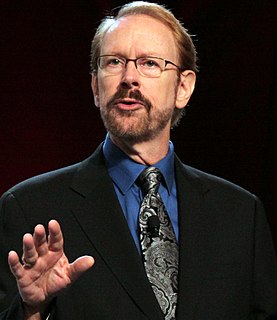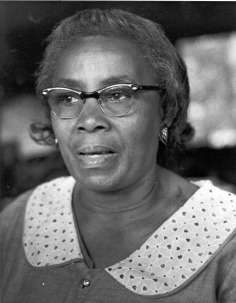A Quote by Cheryl Strayed
The people who don’t give up are the people who find a way to believe in abundance rather than scarcity.
Related Quotes
A lot of artists give up because it's just too damn hard to go on making art in a culture that by and large does not support its artists. But the people who don't give up are the people who find a way to believe in abundance rather than scarcity.
They've taken into their hearts the idea that there is enough for all of us, that success will manifest itself in different ways for different sorts of artists, that keeping the faith is more important than cashing the check, that being genuinely happy for someone else who got something you hope to get makes you genuinely happier too.
People with a scarcity mentality tend to see everything in terms of win-lose. There is only so much; and if someone else has it, that means there will be less for me. The more principle-centered we become, the more we develop an abundance mentality, the more we are genuinely happy for the successes, well-being, achievements, recognition, and good fortune of other people. We believe their success adds to...rather than detracts from...our lives.
There is only one important resource which has shown a trend of increasing scarcity rather than increasing abundance. That resource is the most important of all—human beings. . . . [An] increase in the price of peoples’ services is a clear indication that people are becoming more scarce even though there are more of us.
The move from scarcity thinking to abundance thinking, from zero-sum competition to one-hundred-sum collaboration, is not just a “nice” or “moral” idea. In the twenty-first century, it's plain good sense. Scarcity says, “I'm going to keep all my ideas to myself and sell more than anyone else.” Abundance says, “By mentoring, coaching, and sharing all our best ideas, we're going to create a powerful tide that raises all our ships-and we'll all sell more as a result".
When discouraged some people will give up, give in or give out far too early. They blame their problems on difficult situations, unreasonable people or their own inabilities. When discouraged other people will push back that first impulse to quit, push down their initial fear, push through feelings of helplessness and push ahead. They're less likely to find something to blame and more likely to find a way through.





































